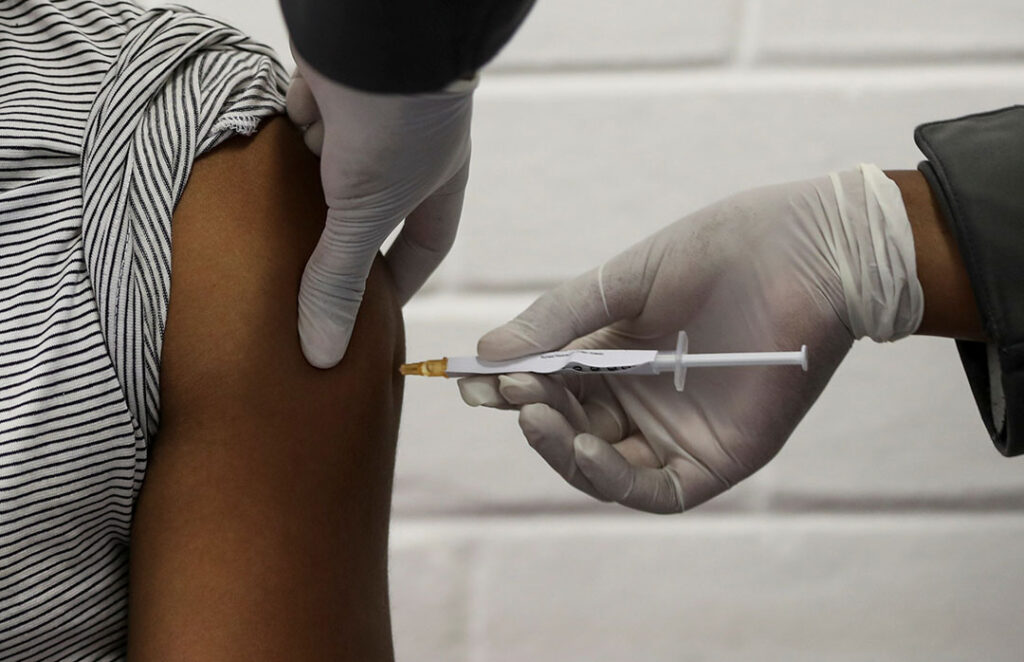ADF STAFF
Repeated promises by Chinese General Secretary Xi Jinping that African countries will get priority access to a COVID-19 vaccine have generated mixed emotions.
Some view Xi’s promises as a diplomatic ploy and a way to avoid international blame over the deadly pandemic, widely believed to have originated in a Chinese wet market. There currently is no effective COVID-19 vaccine approved for distribution.
As the virus swept across Africa, China sent shipments of masks, personal protective equipment and medical personnel to the continent. By doing so, China was “shaping the narrative” of its response to the outbreak, Guy Burton, an adjunct professor of international relations at Vesalius College in Brussels, told ADF in an email.
“Having this activity in place also deflected some of the criticism directed against the Chinese following the discrimination that took place against African residents in Guangzhou (China) in March and April,” Burton said. “The authorities began testing [African] people [for COVID-19] against their will and quarantining them, while landlords were evicting them.”
It is not clear that China would offer a future COVID-19 vaccine to African nations for free. China’s official report on its handling of the pandemic says “the COVID-19 vaccine [is] to be used as a global public product once it is developed and deployed in China,” according to the BBC.
A senior European diplomat characterized China’s promises to expedite delivery of a COVID-19 vaccine to Africa as “vaccine diplomacy,” similar to Beijing’s delivery of health kits to Serbia and Italy as the pandemic spread, the BBC reported.
Currently, Chinese companies are conducting three of the six global vaccine trials that are in the final stages of human testing, the Wall Street Journal reported. But China has raised eyebrows for appearing to link vaccine access to its global geopolitical goals. It has promised to give doses to Pakistan, a geographically important partner in its Belt and Road Initiative and to the Philippines, a country that China hopes to win over as an ally in its ambitions in the South China Sea.
“I worry a great deal about China picking favored nations for the vaccine,” Lawrence Gostin, a professor of Global Health Law at Georgetown University, told Voice of America. “There could be a high price, benefitting China politically, economically, and militarily. A life-saving vaccine should never be bartered for political gain or influence.”
China also appears to being tying participation in clinical trials to access to the vaccine. For instance, Egypt is one of the nations participating in the phase III clinical trials. The two countries recently signed an agreement for a vaccine production hub to be located in Egypt once the vaccine is approved.
“Part of the understanding with countries cooperating with the Chinese trials is that they will also benefit when the vaccine becomes available – something that the U.S. and European firms and governments have been more reticent in saying,” Burton said. “So that’s a bit of a diplomatic coup for China – Russia has done much the same.”

